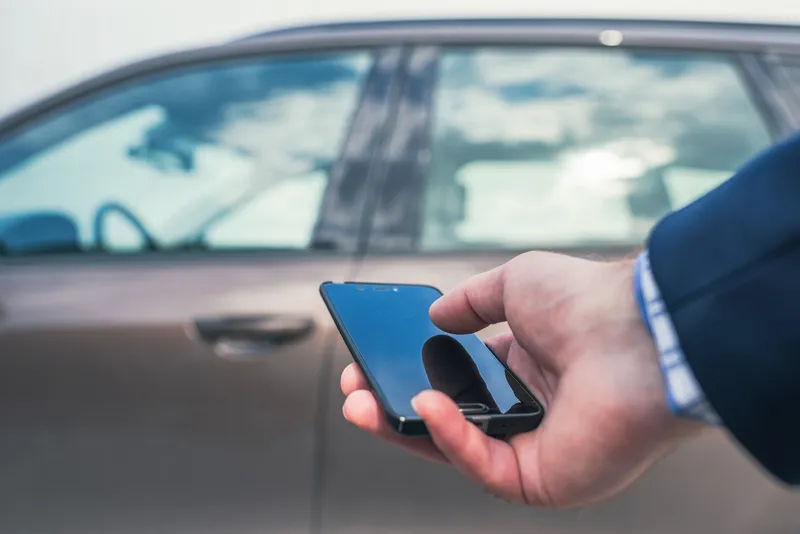A new report by Danish business analysis company Autintelligence, Cybersecurity in the connected car: technology, industry, and future examines the security implications of increasing connectivity and software complexity in connected and autonomous vehicles.
According to the report, advanced connectivity, electronics and software are hallmarks of modern vehicles. A typical connected car contains up to 70 ECUs, and about 100 million lines of code. As vehicles expand in terms of technological complexity,
March 31, 2017
Read time: 2 mins
A new report by Danish business analysis company Autintelligence, Cybersecurity in the connected car: technology, industry, and future examines the security implications of increasing connectivity and software complexity in connected and autonomous vehicles.
According to the report, advanced connectivity, electronics and software are hallmarks of modern vehicles. A typical connected car contains up to 70 ECUs, and about 100 million lines of code. As vehicles expand in terms of technological complexity, they become an attractive target for cyber-criminals.
The report discusses a range of elements of automotive cyber security, including; Attack surfaces in connected and autonomous vehicles; Core vulnerabilities; Regulations and policies in the US, EU, China, Japan; and Existing market solutions. It also discusses emerging solutions such as (ECU Consolidation, app sandboxing and autonomous security, as well as security by design.
The report also addresses key questions: What makes vehicles vulnerable?; What are the worst-case scenarios?; Where should OEMs invest to secure their connected vehicles?; Can the CAN bus be secured?; Is legislation the answer to raise the bar of security standards in modern vehicles?; Can security by design ever be a commercial reality?; What are the available market solutions, and who are the key players?
According to the report, advanced connectivity, electronics and software are hallmarks of modern vehicles. A typical connected car contains up to 70 ECUs, and about 100 million lines of code. As vehicles expand in terms of technological complexity, they become an attractive target for cyber-criminals.
The report discusses a range of elements of automotive cyber security, including; Attack surfaces in connected and autonomous vehicles; Core vulnerabilities; Regulations and policies in the US, EU, China, Japan; and Existing market solutions. It also discusses emerging solutions such as (ECU Consolidation, app sandboxing and autonomous security, as well as security by design.
The report also addresses key questions: What makes vehicles vulnerable?; What are the worst-case scenarios?; Where should OEMs invest to secure their connected vehicles?; Can the CAN bus be secured?; Is legislation the answer to raise the bar of security standards in modern vehicles?; Can security by design ever be a commercial reality?; What are the available market solutions, and who are the key players?










